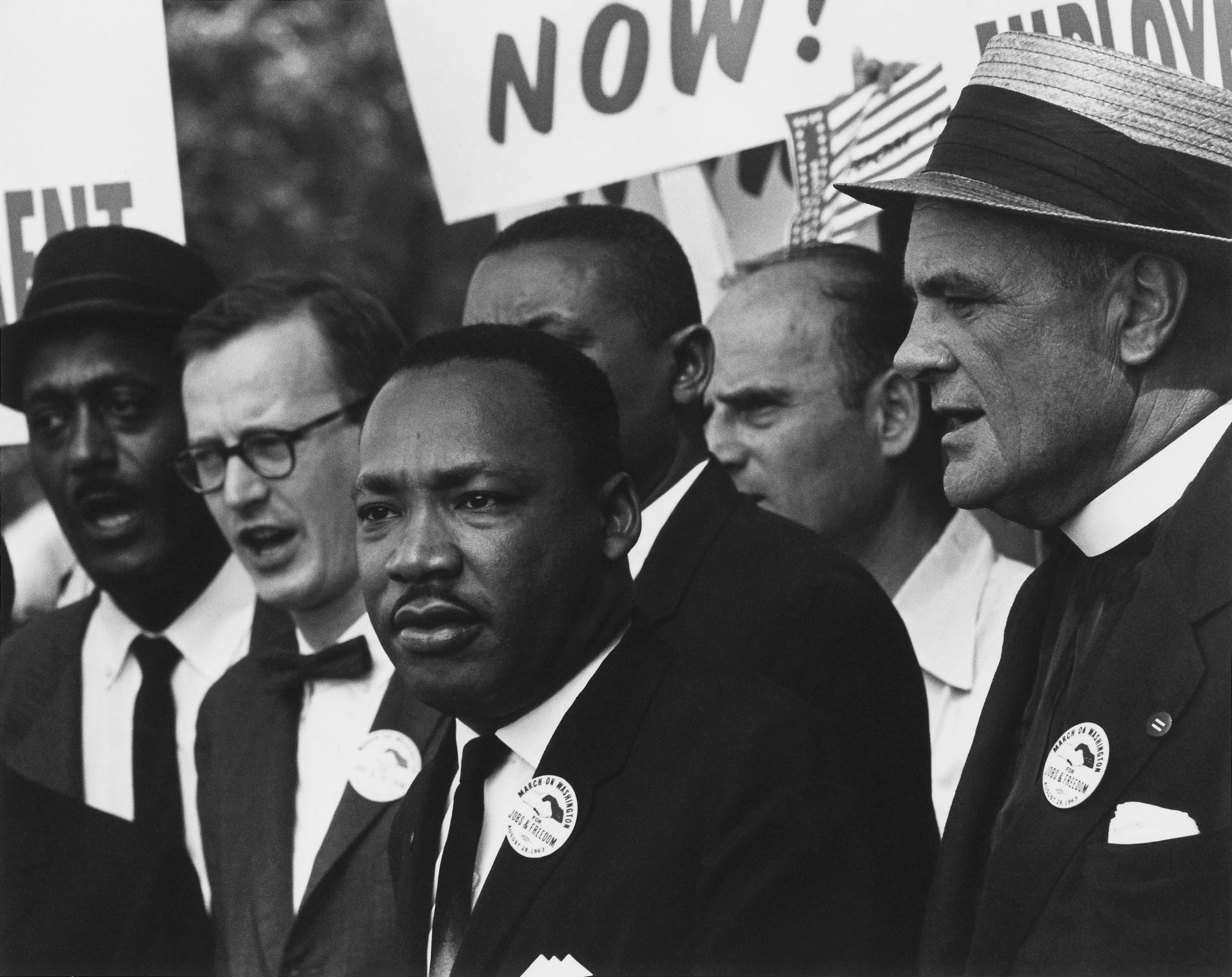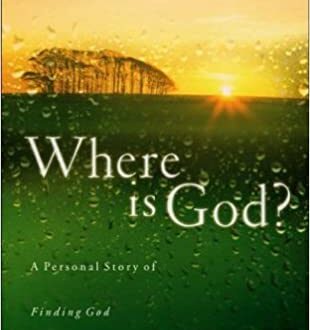“Bodily life, which we receive without any action on our own part, carries within itself the right to its own preservation. This is not a right that we have justly or unjustly appropriated to ourselves, but it is in the strictest sense an “innate” right, one which we have passively received and which preexists our will, a right which rests upon the nature of things as they are. Since it is God’s will that there should be a human life on earth only in the form of bodily life, it follows that it is for the sake of the whole man that the body possesses the right to be preserved. And since all rights are extinguished at death, it follows that the preservation of the life of the body is the foundation of all natural rights without exception and is, therefore, invested with a particular importance… the body does not exist primarily in order to be sacrificed, but in order that it may be preserved” (Dietrich Bonhoeffer, Ethics, p. 154-155).
“We hold these truths to be self-evident, that all men are created equal, that they are endowed by their Creator with certain unalienable Rights, that among these are Life, Liberty and the pursuit of Happiness” (United States Declaration of Independence, 1776).
The first good pursued in the intersts of human life is the preservation of that life. It is the first instinct of all living organisms to preserve their own lives. The natural good of life is self-evident. Life is an intrinsic good. As Bonhoeffer says, it is a good that precedes our will. In other words, the value of life is independent of our wants and desires.
This is a vital principle the usurpation of which leads only to grave evil.
If another value is treated as greater than life, then evil always follows. History is replete with examples of evils carried out after wearing down the intrinsic value of human life. If racial purity is more valuable, gas chambers follow. If material goods are more valuable, then the Chairman’s slaughters are just.
Yet, in our time and in the very civilization in which the value of life has been so highly regarded, we are in danger of another great usurpation.
Abortion advocates say that there are many competing goods that outweigh the value of a child’s life. From the physical condition of the child to the ambitions of the parent, Planned Parenthood displays goods they suggest outweigh the value of preserving the unborn.
Euthanasia advocates cheer on the desires of the dying as outweighing goods. If suffering is too much to bear, then death with dignity is the better option. Life is not as valuable as being suffering-free.
And now what prevents us going further? Once we say that the fulfillment of the desire of a sufferer is a greater good than the life of that sufferer, what prevents us thinking that if a suffering infant could speak, she would request the same as the one who can speak? If the best interests of the child are not the preservation of his life, then who determines what good should determine the actions of medical professionals?
Indeed, there are several people who have been arguing that if abortion is morally permissible, the infanticide is morally permissible. This is the argument of Jerry Coyne who writes, “If you are allowed to abort a fetus that has a severe genetic defect, microcephaly, spina bifida, or so on, then why aren’t you able to euthanize that same fetus just after it’s born?… I see no substantive difference that would make the former act moral and the latter immoral.”
One comment on Coyne’s blog post responded to another comment by saying, “In future, we’ll look back and wonder how we allowed society to doom a child to a life of misery from the moment of birth….not to mention dooming its parents to poverty, having to provide for care for someone essentially a vegetable.”




